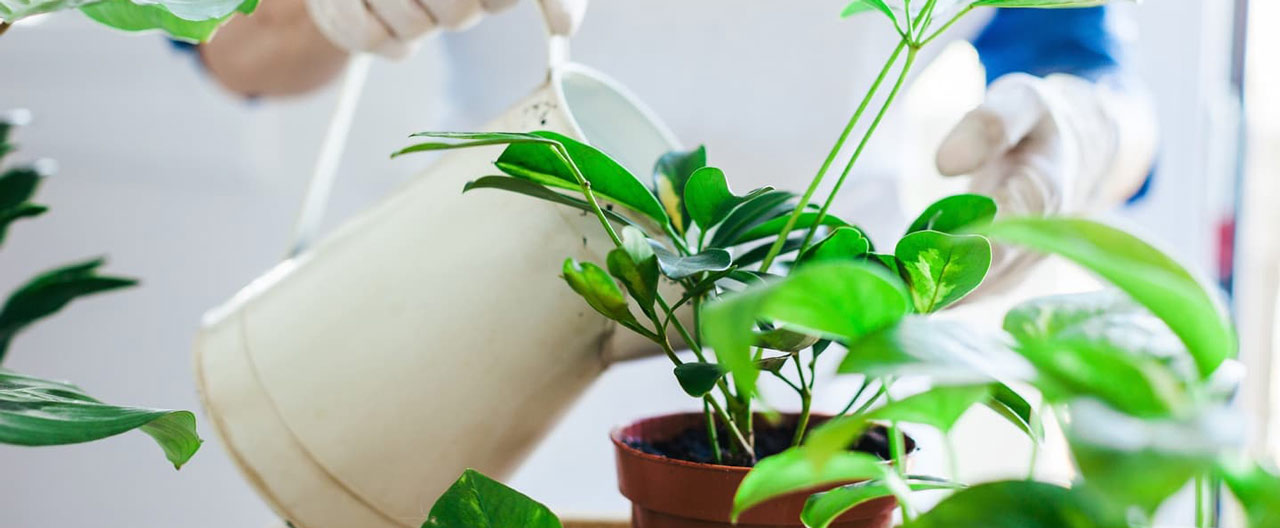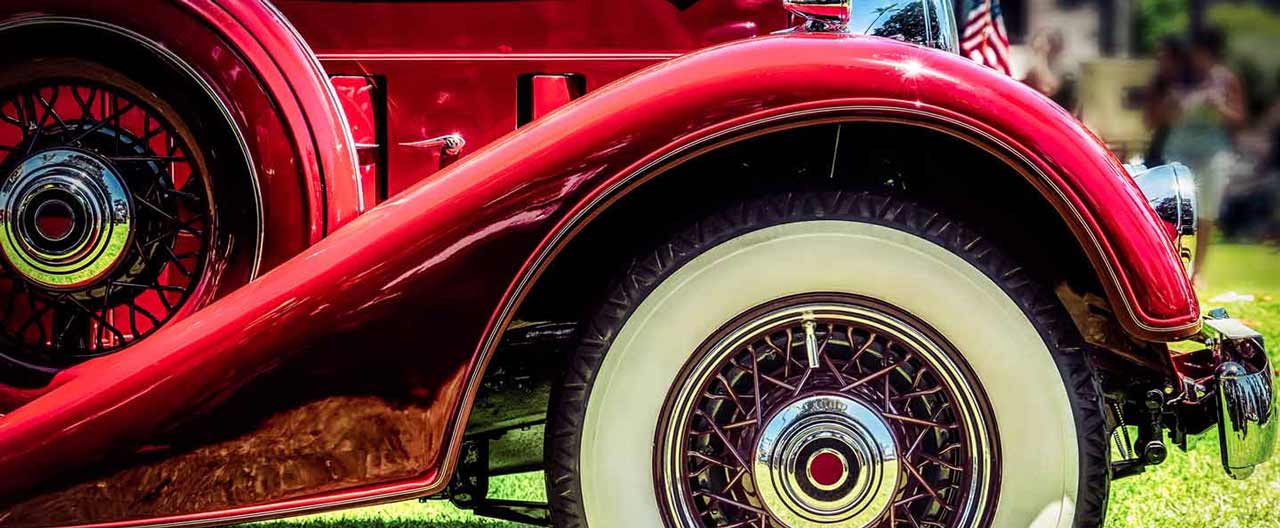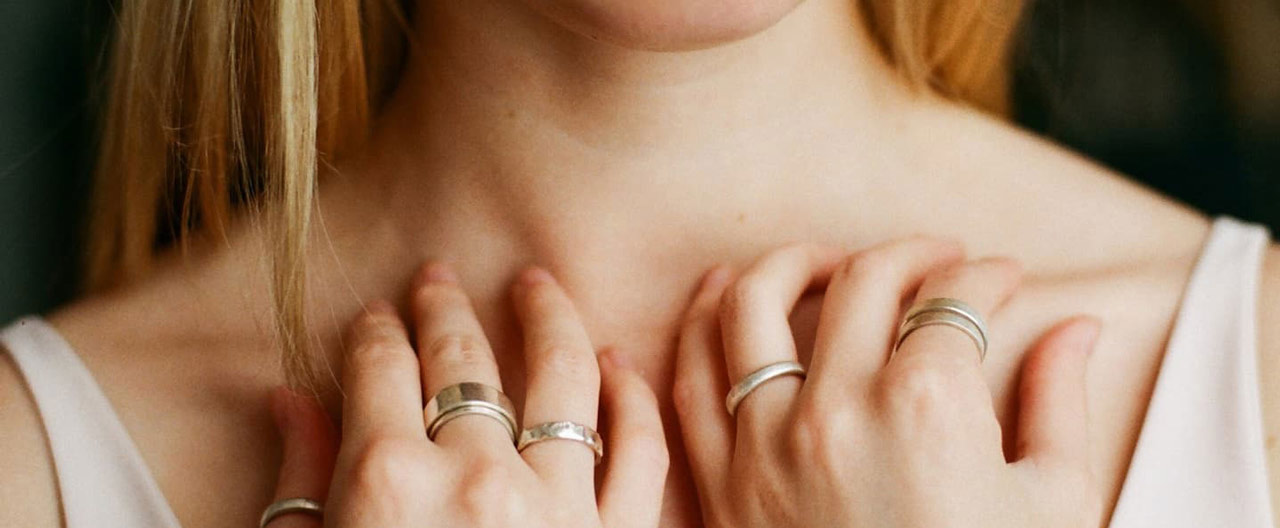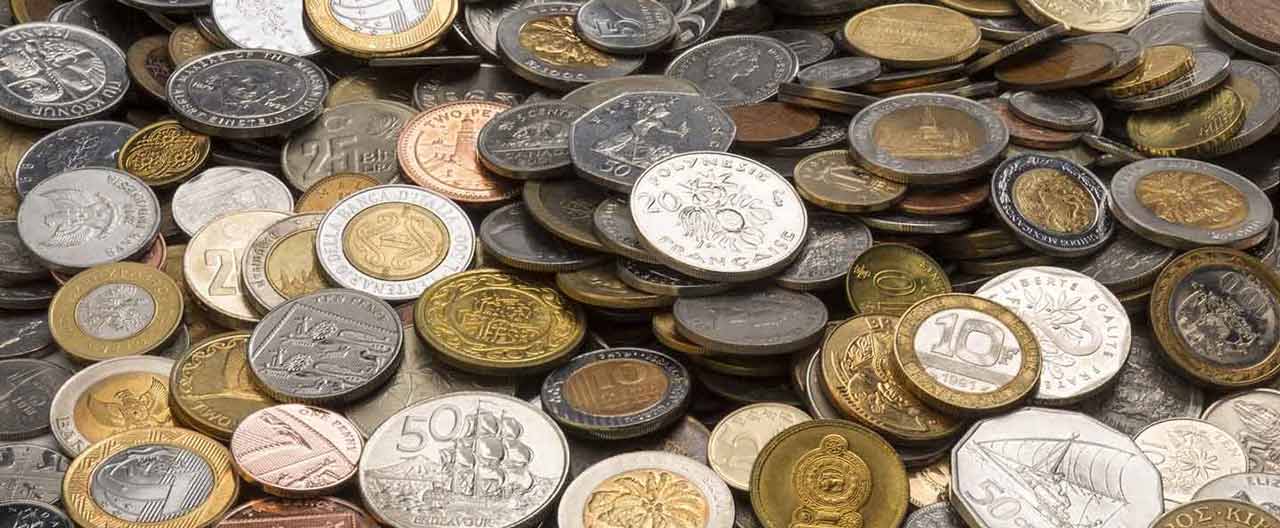Over time, the rare coin market has moved in cycles, much like other types of investments. According to Canadian Coin News, the market is in an upswing. If you’re thinking about collecting coins, as a hobby or an investment, (A.K.A. numismatics), here are a few things you’ll want to make sure you DON’T do:
1. Buy without doing serious research
Just like other types of investments, the coin market can be volatile. Not every coin is a good investment. It’s easy for new-comers to get taken, unless they do their research and due diligence about the market and their potential coin purchase. However, for those with the right attitude and education, collecting rare coins can be a fun hobby and an excellent hedge against inflation.
2. Purchasing from a vendor who hasn’t been thoroughly vetted
You wouldn’t buy an expensive diamond ring from a street vendor, so why buy a rare coin from someone you don’t know and trust? Make sure you work with a reputable, qualified coin dealer to ensure that you’re making a legitimate purchase. Visit the Canadian Association of Numismatic Dealers (CAND) for a list of dealers in good standing of CAND or contact your insurance broker for suggestions.
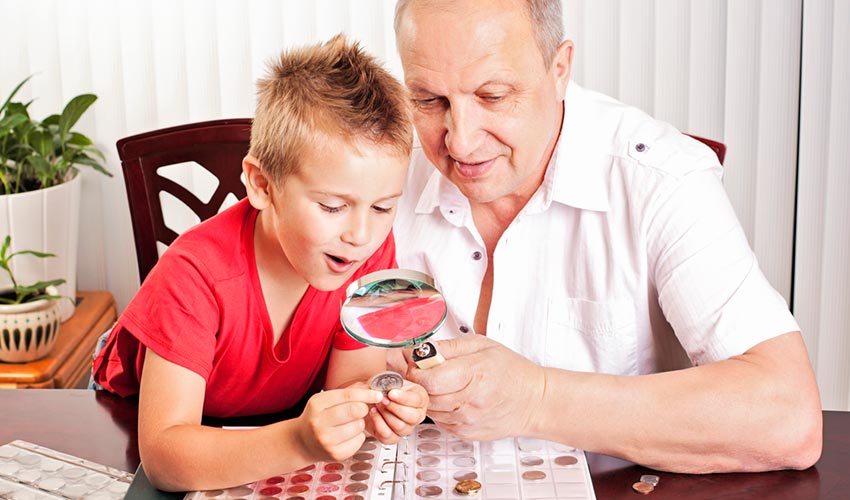
3. Forgetting to check the coin’s authenticity
While a coin may look like the real thing online or even in person, if you’re not absolutely sure of its authenticity, have the coin evaluated by a third-party grader. A grader is neither a buyer nor a seller and has no interest in the coin’s market value. You can find a professional grader through the Professional Coin Grading Service (PCGS). Some coins come with a PCGS certificate and will be hermetically sealed into a plastic holder with interior labels.
4. Not understanding what makes a coin valuable
While most coins are not worth more than their face value, some are worth much more. Here are a few things to look for when determining your coin’s value:
- Demand – Like other investments, higher demand increases the value. So those coins that are in high demand will command a higher price.
- Grade – This is the condition of the coin. Coins are graded on a scale of 1 to 70, with higher quality coins getting grades close to 70. Coins are graded on the strike, visual appeal, coloration, lustre, and any damage, including dents, scratches, corrosion and carbon spotting.
- Strike – This term describes the process of stamping a coin with a design. A well-struck coin will have a design that is without errors or defects.
- Content of the coin – Coins made of silver and gold will be worth more than those made of copper, bronze and steel.
- Age – Sometimes, the older the coin the more valuable it is, though this is not always the case.
- Design – Coins are often collected for their aesthetic value or how beautiful they are.
- Rarity – This may be the most important factor in a coin’s value. Rare coins will be more valuable than coins that are easy to come by.
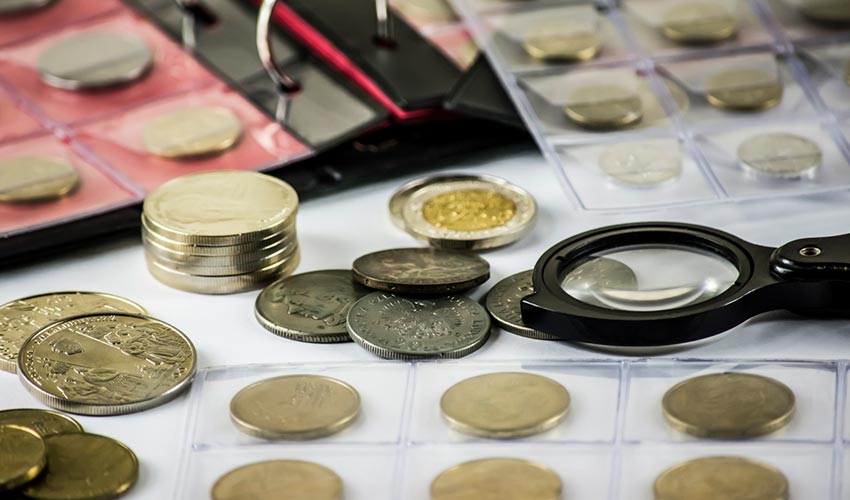
5. Keeping your coins at home
Coins can deteriorate if exposed to cigarette smoke, rubber, paint, textiles such as wool and felt, and too much humidity. Keep your coins pristine by storing them in airtight plastic holders, such as the encapsulation slabs of third-party grading services. Then, put them in a secure place like a bank safe deposit box for safe keeping. Unprotected coins are easy prey for a thief who breaks into your home.
6. Not insuring your investment
Like your other valuables, coins should be insured, so that they can be replaced or repaired if damaged, lost, or stolen. Look for a valuable articles policy that will provide all-risk, worldwide coverage with no deductible. Some policies will also provide a limit of automatic coverage for newly acquired coins.
Sources:
https://cointrackers.com/blog/38/what-makes-a-coin-valuable/
A Guide Book of United States Coins: The Official Red Book
Antiques & Collectibles: 2019 Price Guide
Insights and expertise
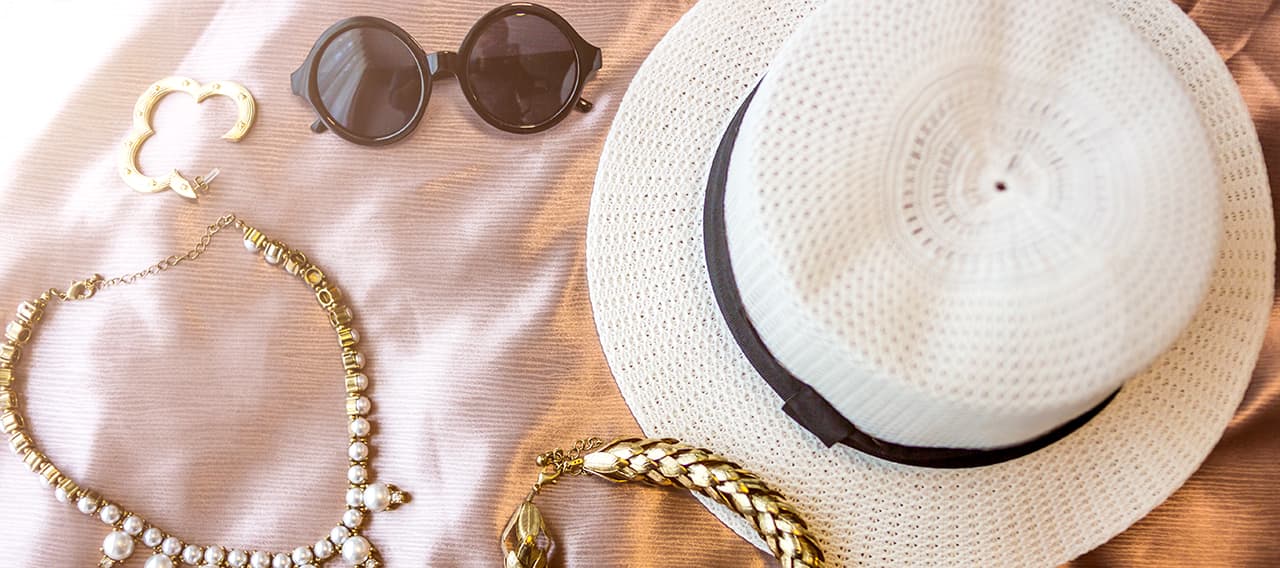
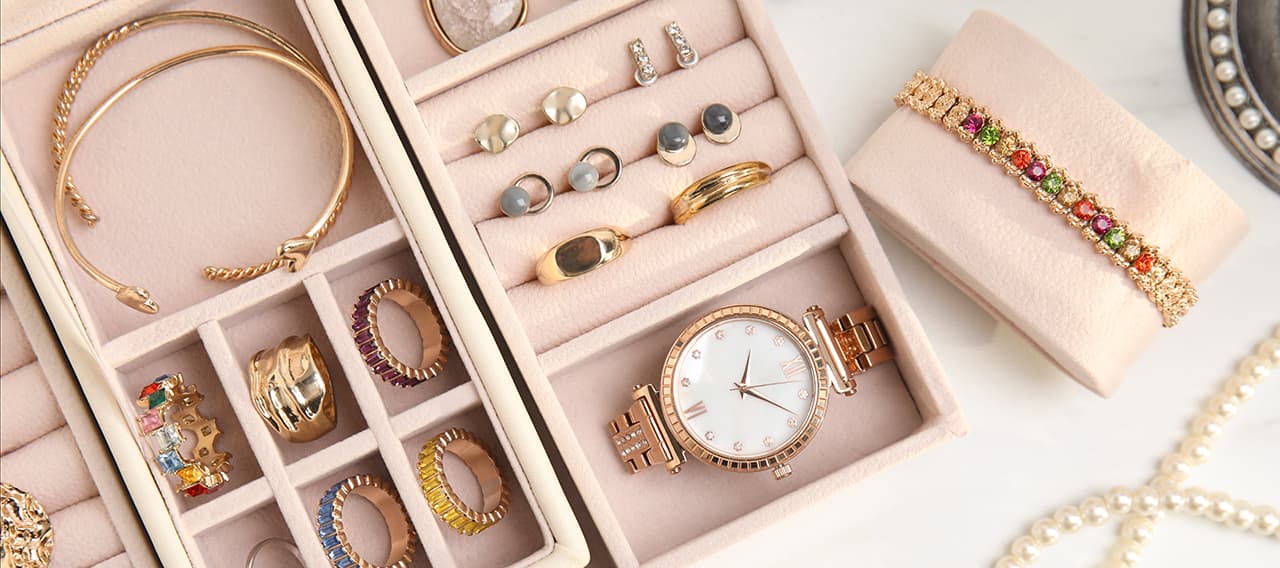

This document is advisory in nature and is offered as a resource to be used together with your professional insurance advisors in maintaining a loss prevention program. It is an overview only, and is not intended as a substitute for consultation with your insurance broker, or for legal, engineering or other professional advice.
Chubb is the marketing name used to refer to subsidiaries of Chubb Limited providing insurance and related services. For a list of these subsidiaries, please visit our website at www.chubb.com. Insurance provided by Chubb Insurance Company of Canada or Chubb Life Insurance Company of Canada (collectively, “Chubb Canada”). All products may not be available in all provinces or territories. This communication contains product summaries only. Coverage is subject to the language of the policies as actually issued.

